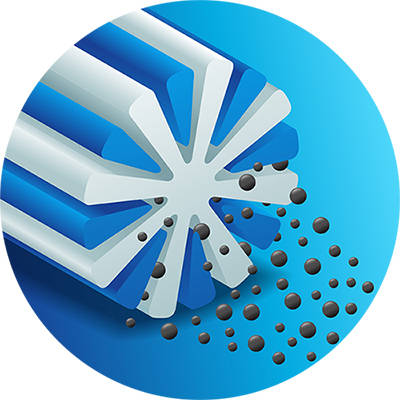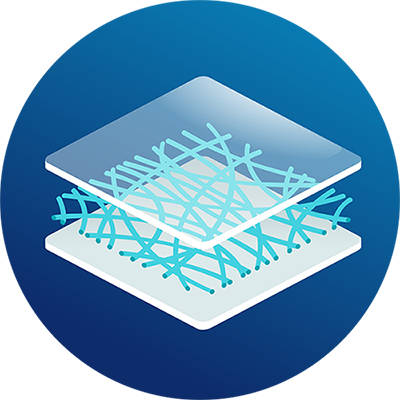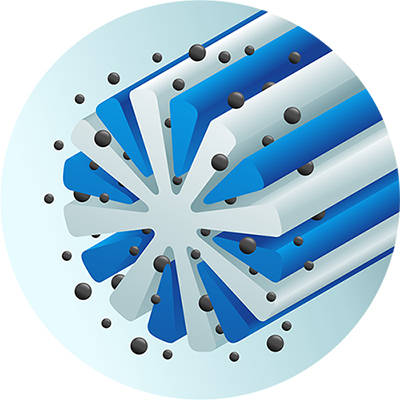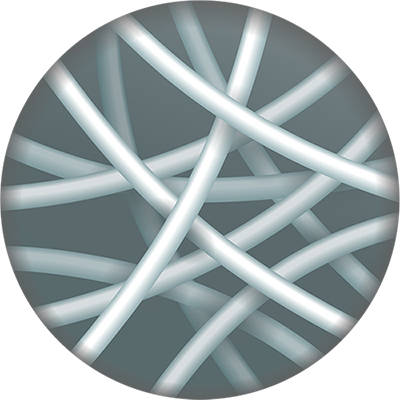The molarity calculator equation
Mass (g) = Concentration (mol/L) × Volume (L) × Molecular Weight (g/mol)
The dilution calculator equation
Concentration (start) × Volume (start) = Concentration (final) × Volume (final)
This equation is commonly abbreviated as: C1V1 = C2V2








